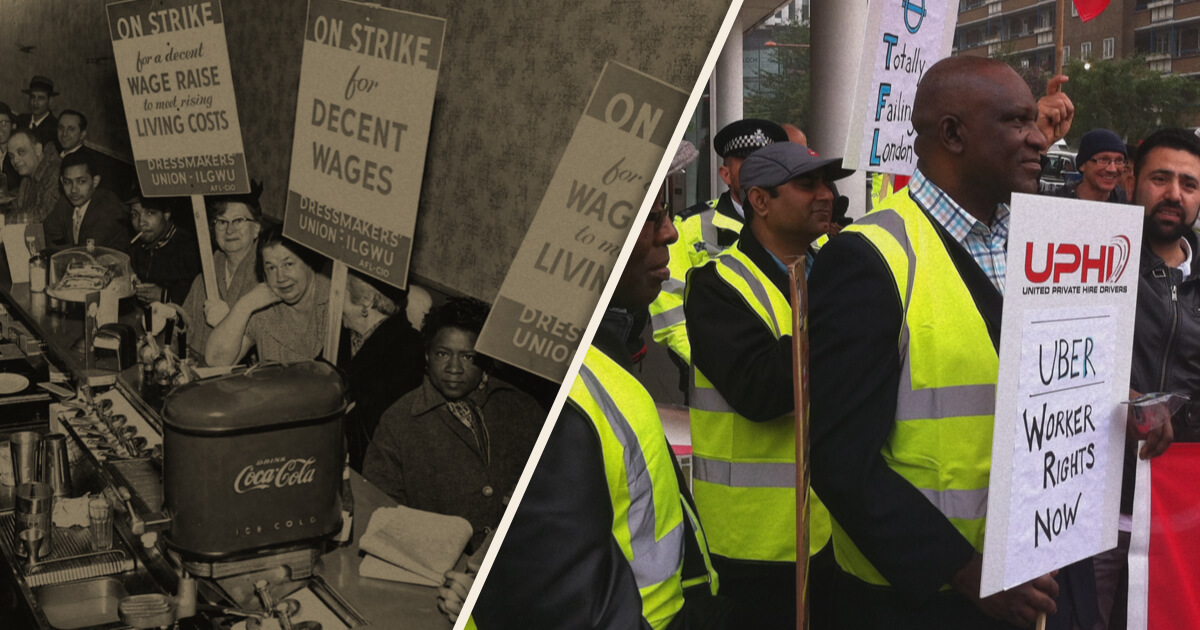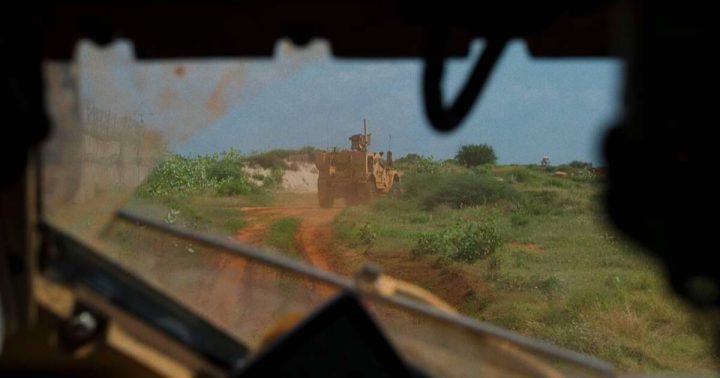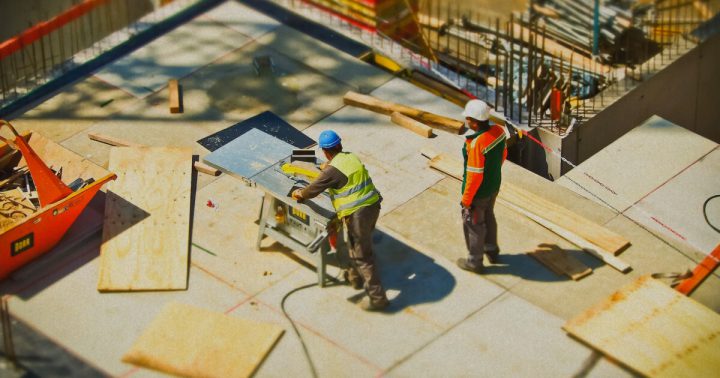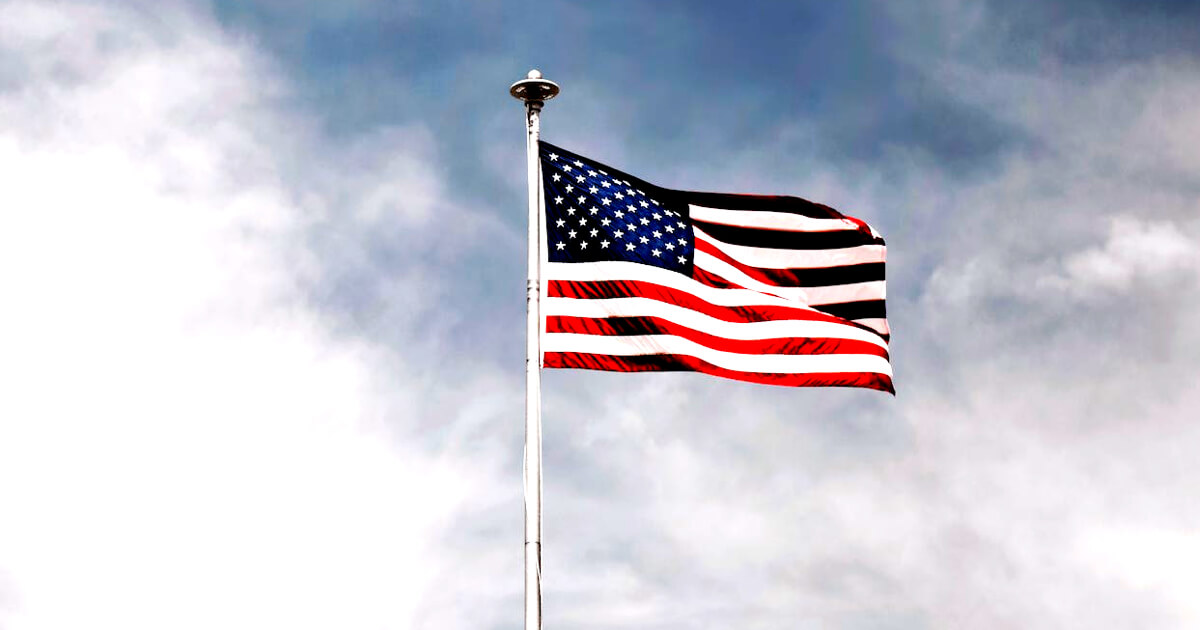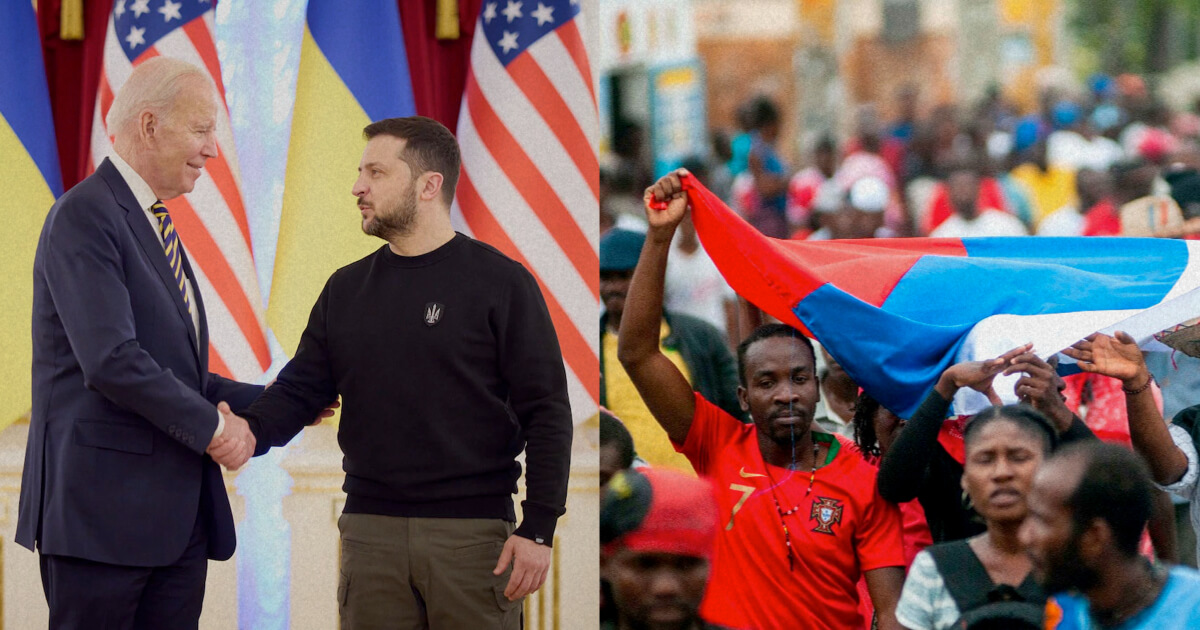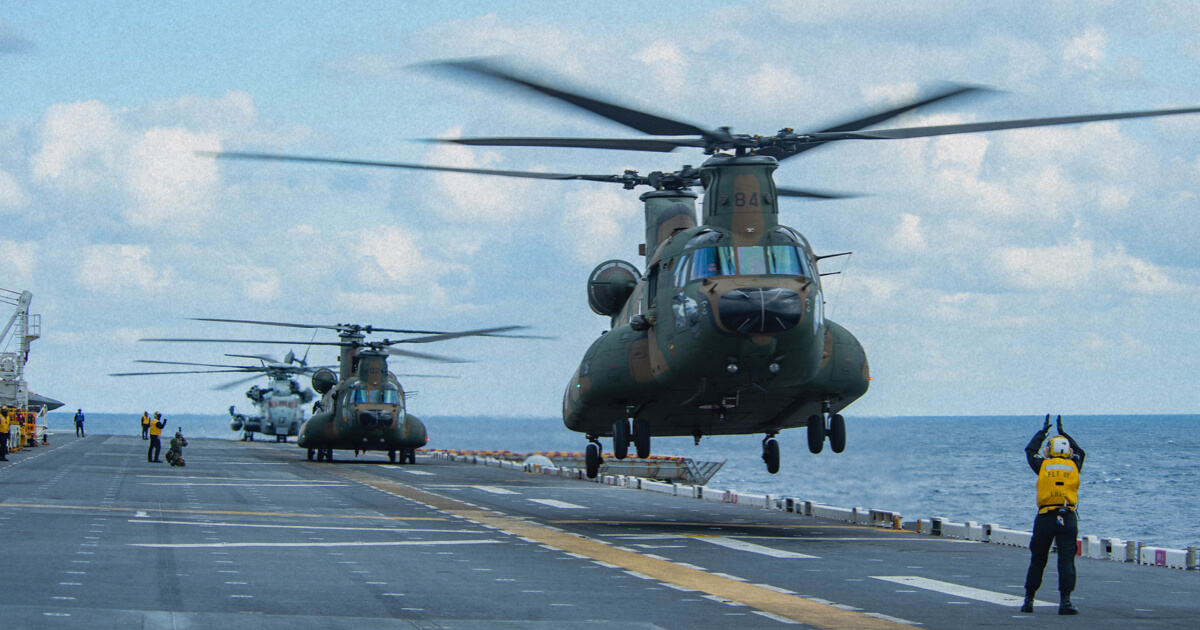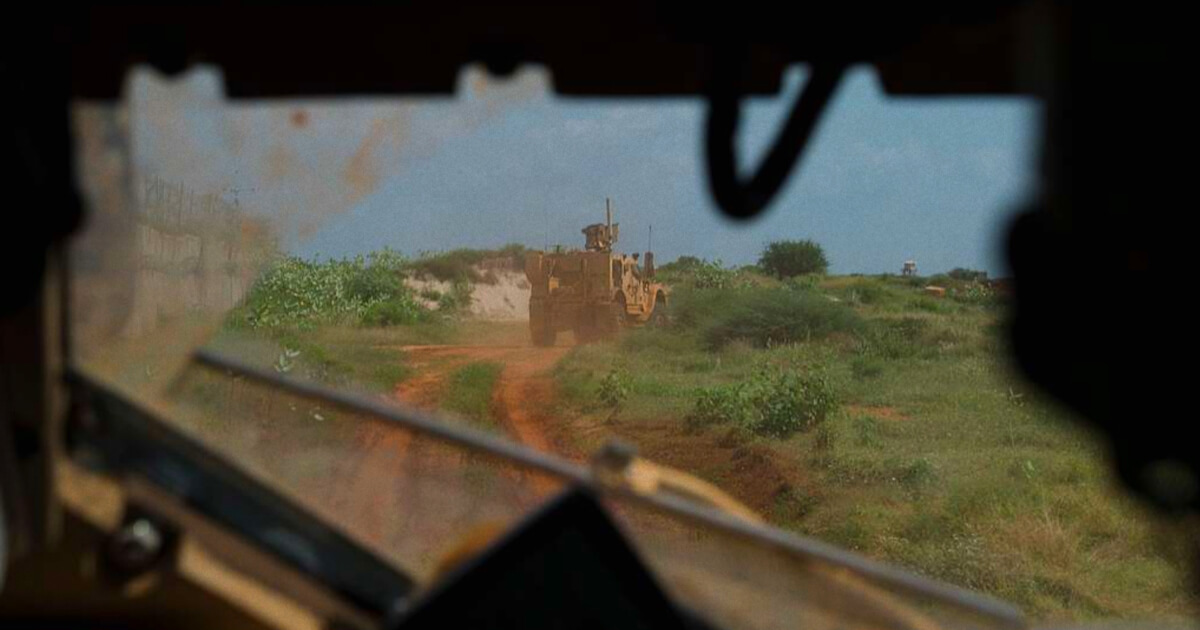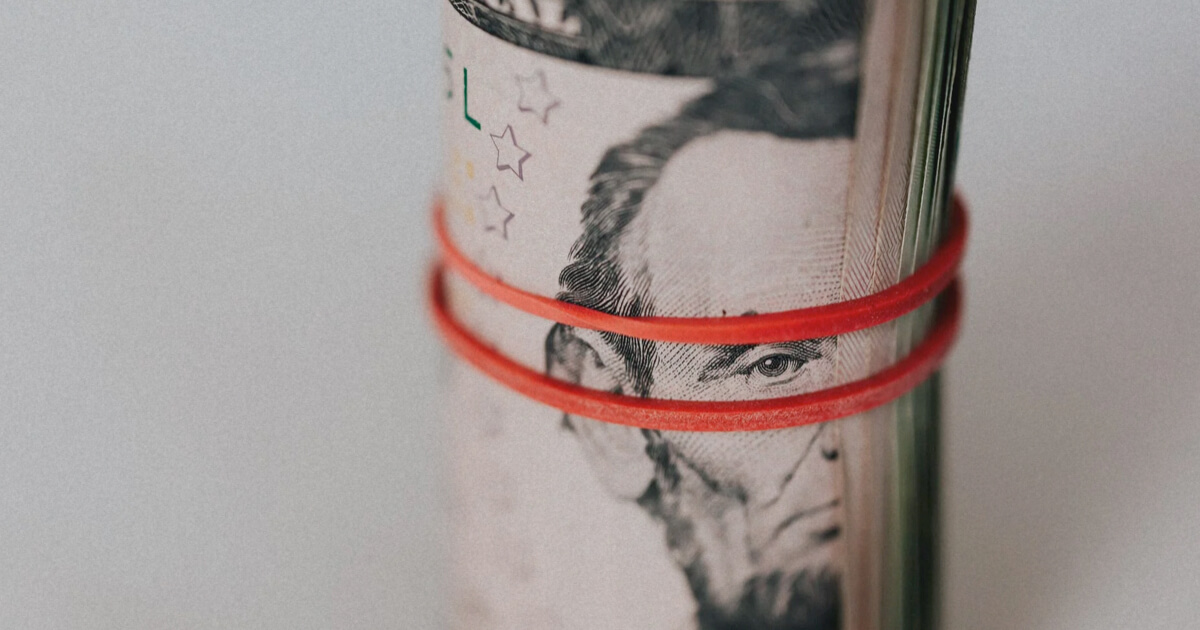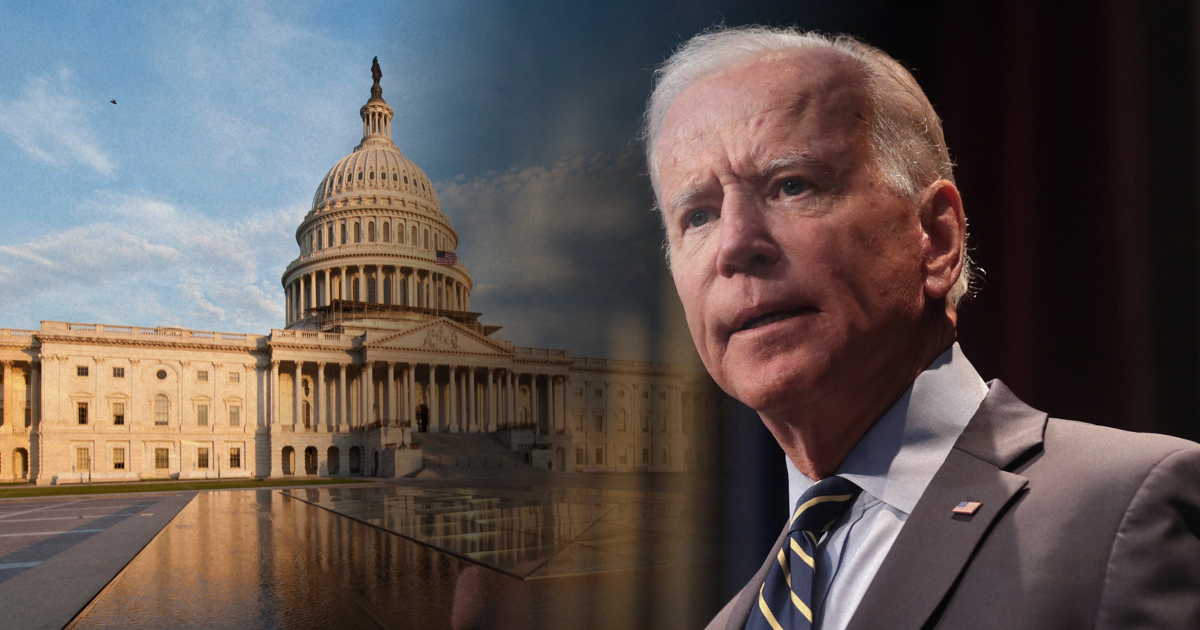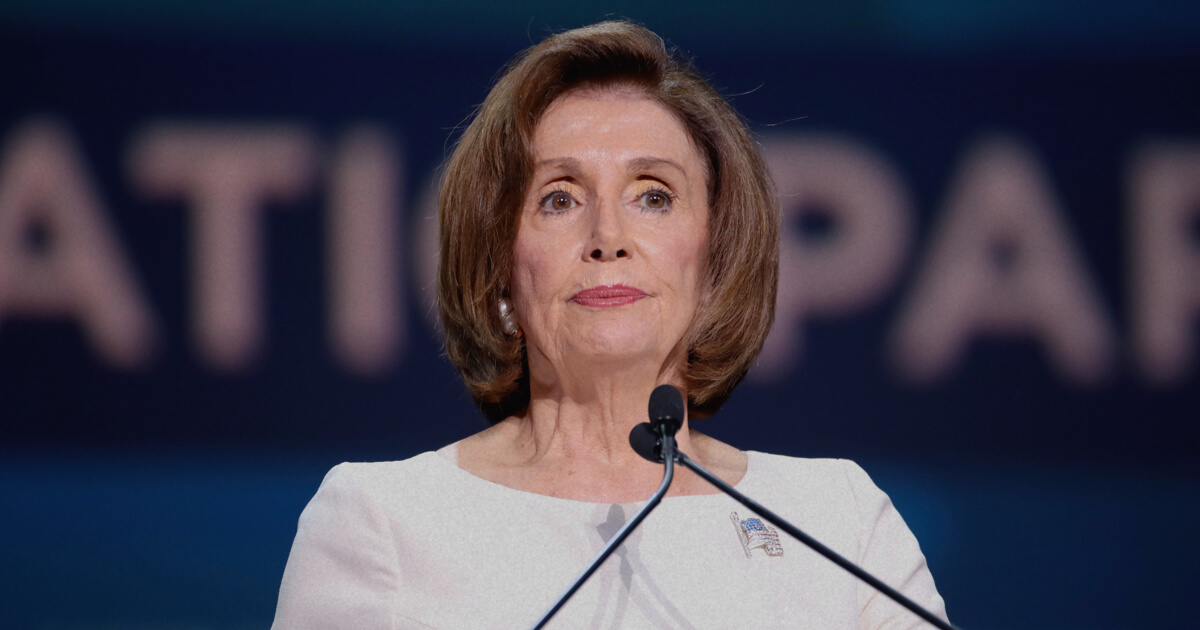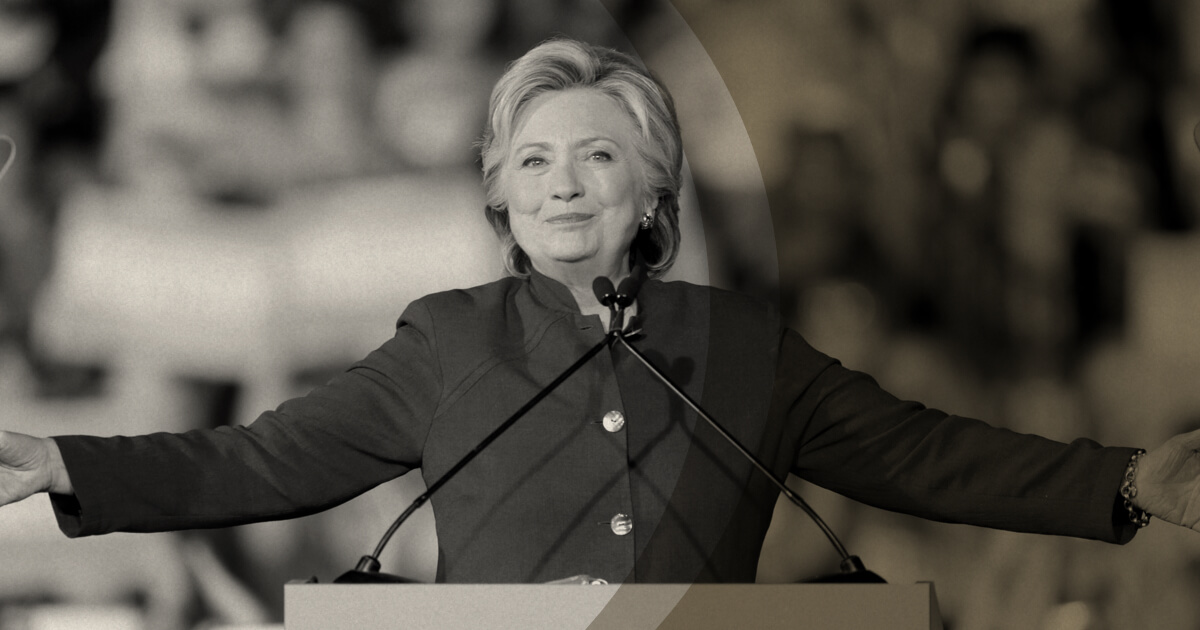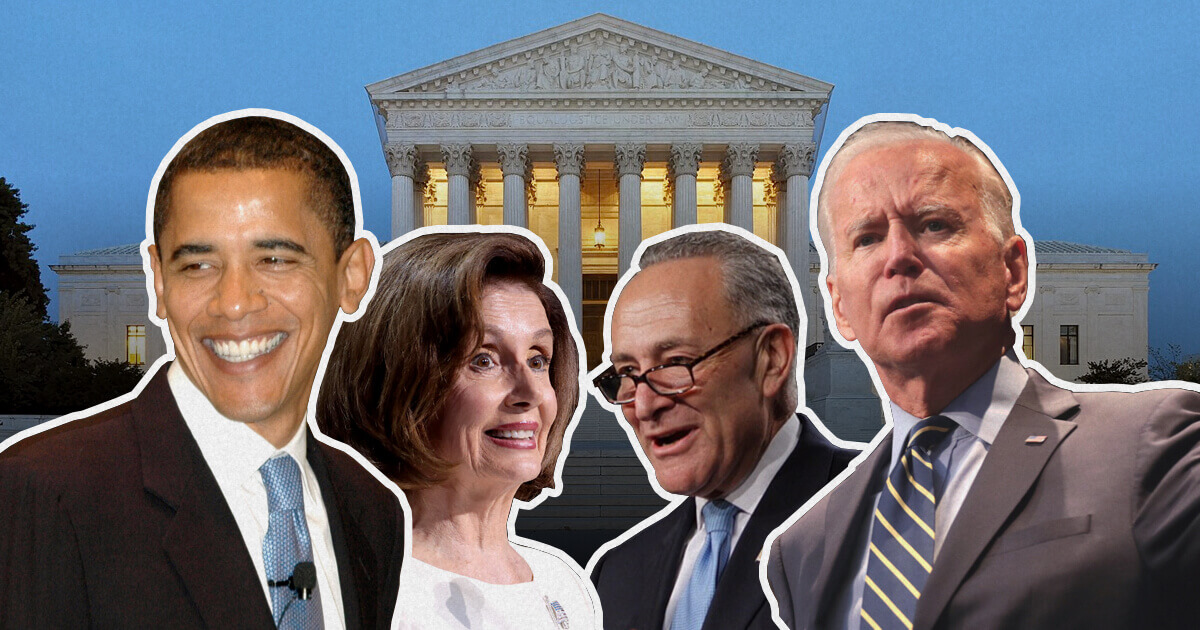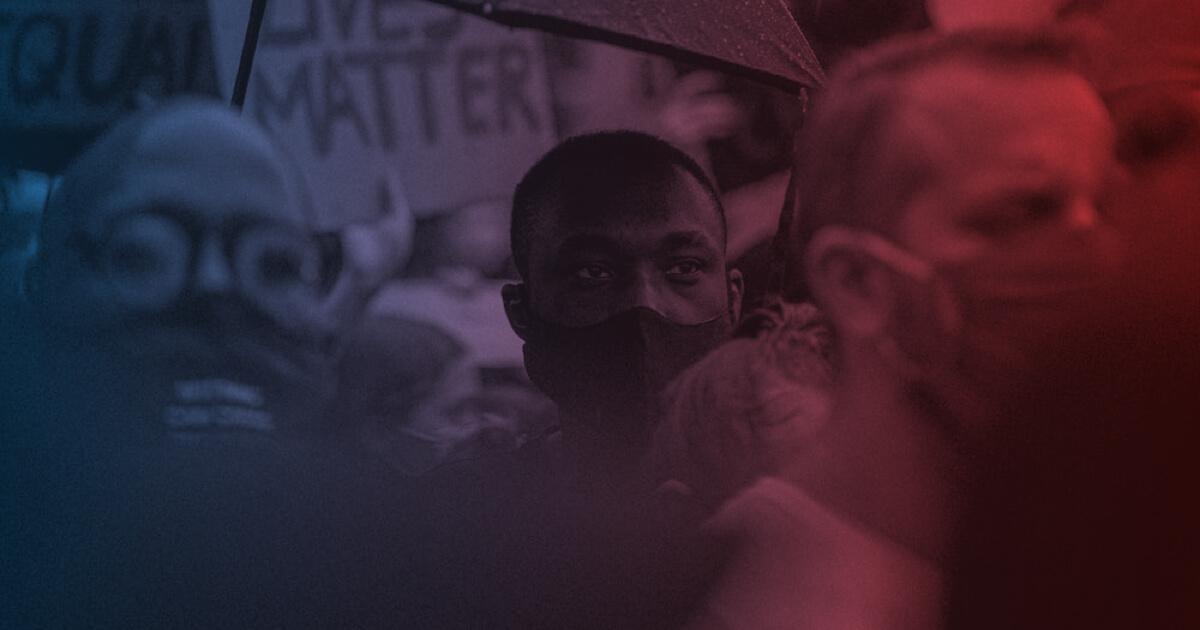Their past
Capital is concentrated social force, while the workman has only to dispose of his working force. The contract between capital and labour can therefore never be struck on equitable terms, equitable even in the sense of a society which places the ownership of the material means of life and labour on one side and the vital productive energies on the opposite side. The only social power of the workmen is their number. The force of numbers, however is broken by disunion. The disunion of the workmen is created and perpetuated by their unavoidable competition among themselves.
Trades’ Unions originally sprang up from the spontaneous attempts of workmen at removing or at least checking that competition, in order to conquer such terms of contract as might raise them at least above the condition of mere slaves. The immediate object of Trades’ Unions was therefore confined to everyday necessities, to expediences for the obstruction of the incessant encroachments of capital, in one word, to questions of wages and time of labour. This activity of the Trades’ Unions is not only legitimate, it is necessary. It cannot be dispensed with so long as the present system of production lasts. On the contrary, it must be generalised by the formation and the combination of Trades’ Unions throughout all countries. On the other hand, unconsciously to themselves, the Trades’ Unions were forming centres of organisation of the working class, as the mediaeval municipalities and communes did for the middle class. If the Trades’ Unions are required for the guerilla fights between capital and labour, they are still more important as organised agencies for superseding the very system of wages labour and capital rule.
Their present
Too exclusively bent upon the local and immediate struggles with capital, the Trades’ Unions have not yet fully understood their power of acting against the system of wages slavery itself. They therefore kept too much aloof from general social and political movements. Of late, however, they seem to awaken to some sense of their great historical mission, as appears, for instance, from their participation, in England, in the recent political movement, from the enlarged views taken of their function in the United States, and from the following resolution passed at the recent great conference of Trades’ delegates at Sheffield:
“That this Conference, fully appreciating the efforts made by the International Association to unite in one common bond of brotherhood the working men of all countries, most earnestly recommend to the various societies here represented, the advisability of becoming affiliated to that hody, believing that it is essential to the progress and prosperity of the entire working community.”
Their future
Apart from their original purposes, they must now learn to act deliberately as organising centres of the working class in the broad interest of its complete emancipation. They must aid every social and political movement tending in that direction. Considering themselves and acting as the champions and representatives of the whole working class, they cannot fail to enlist the non-society men into their ranks. They must look carefully after the interests of the worst paid trades, such as the agricultural labourers, rendered powerless [French text has: “incapable of organised resistance”] by exceptional circumstances. They must convince the world at large [French and German texts read: “convince the broad masses of workers”] that their efforts, far from being narrow – and selfish, aim at the emancipation of the downtrodden millions.
Section 6 of Instructions for the Delegates of the Provisional General Council: The Different Questions. Photo credit: Kheel Center (CC BY 2.0), War on Want (CC BY 2.0)
